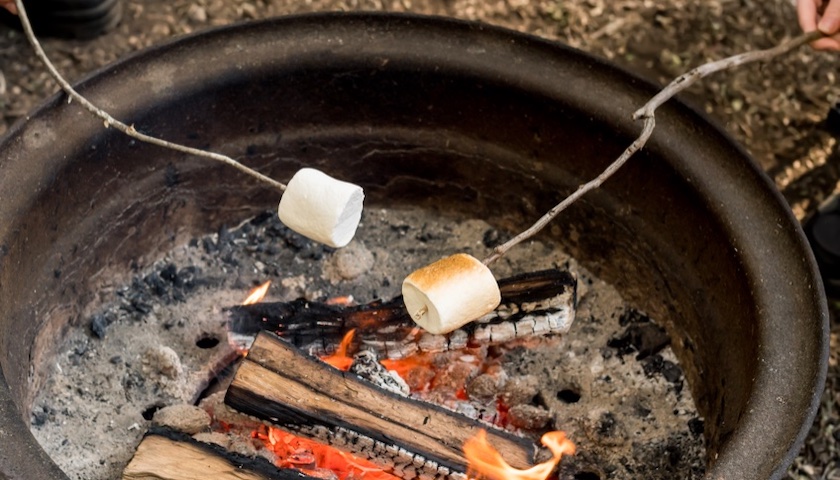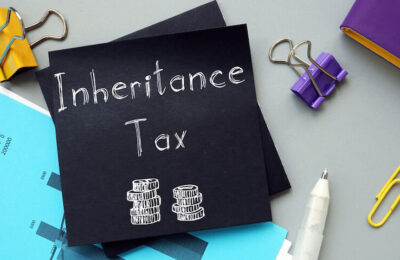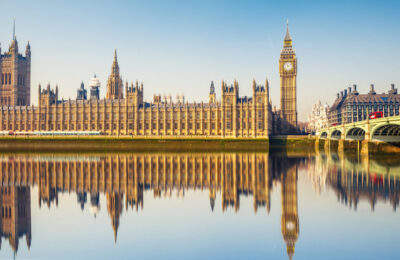You may remember the curious case of the Jaffa cake a few years back. Manufacturers United Biscuits argued that their orange-and-chocolate-flavoured treats were in fact cakes, not biscuits. As a result, they claimed no VAT was payable on them. Meanwhile at HMRC, the taxman decided that Jaffa cakes were in fact biscuits, meaning standard rate VAT was payable. A tribunal decided that, although Jaffa cakes had some characteristics of biscuits, they had enough characteristics of cakes to be considered as such. In a similar vein, the taxman looked at marshmallows and VAT – to decide when they qualify as confectionery.
Marshmallows and VAT – what’s the story?
The story concerns a sweet wholesaler called Innovative Bites Ltd. This company sells, among other things, a product called Mega Marshmallows. As the name suggests, these are big marshmallows: they measure 5cm in height.
HMRC got interested in Mega Marshmallows because it believed that they count as confectionery. As such, it thought that standard rate VAT should have been applied to them. As a result, it argued that the wholesaler owed £473,000 in tax.
Marshmallows: confectionery or ingredient?
Not surprisingly, Innovative Bites Ltd argued that its Mega Marshmallows were not in fact confectionery. Instead, it claimed that they were ingredients and, therefore, are zero rated for VAT.
At first glance, this seems counterintuitive. Surely a marshmallow is a confectionery snack?
Innovative Bites argued to the contrary at a tax tribunal. It claimed that its Mega Marshmallows were necessary ingredients for an American treat called S’mores. You make S’mores by roasting marshmallows and sandwiching them between two biscuits.
In support of this claim, the wholesaler argued the following points:
- The marshmallows were twice the height of normal ones. This meant they were clearly intended for roasting, not for eating out of the bag as snacks.
- The packaging clearly showed that the marshmallows were meant for roasting.
- The product was generally placed in the barbecue aisle of supermarkets during the summer months and in the world foods section during the rest of the year. It was not on display in confectionery aisles.
- Larger marshmallows are easier to roast on a skewer than normal-sized ones
For these reasons, Innovative Bites Ltd made the case that the whopping marshmallows were an ingredient, not confectionery.
HMRC disagreed
HMRC didn’t accept the wholesaler’s argument and put forward its reasons for believing the marshmallows to be confectionery. These included the following:
- The marshmallows could be eaten on their own
- They could be eaten after being roasted and cooled down
- S’mores can be made with normal marshmallows – large ones are not necessary
Ruling on marshmallows and VAT
At the tribunal, Judge Jonathan Cannan ruled in favour of the wholesaler. In his judgement, the giant marshmallows did not fall to be described as confectionery and, as a result, must be zero rated for VAT.
The judge also added that if people wanted marshmallows as a snack, they would be more likely to buy normal-sized ones.
This case does highlight the importance of making sure any products or services that you sell are correctly rated for VAT. If the taxman decides to investigate, it can be very expensive and time consuming, so it’s worth making sure you subscribe to our Tax Investigation Fee Protection Service.
About Ben Locker
Ben Locker is a copywriter who specialises in business-to-business marketing, writing about everything from software and accountancy to construction and power tools. He co-founded the Professional Copywriters’ Network, the UK’s association for commercial writers, and is named in Direct Marketing Association research as ‘one of the copywriters who copywriters rate’.












